Why I’m Never Quitting Theatre: A Call to Action from a Black Director
by Christen N. Cromwell
Dear Black Writers,
The stage needs you. Did you hear me? I don’t know the last time you went to the theatre, but I need you to write a play and throw a couple of comps my way in order to nourish my spirit and support your art. I truly look forward to local premieres of newly developed works and educational Shakespeare remixes (shouts to Baltimore’s fools and madmen) featuring Black and Brown creatives. My timeline is always full of casting calls for these innovative projects and my heart is overwhelmed with pleasure. Here’s the average casting call for actors of color:
“Black Actors Needed for Predominantly White Theatre Company’s Seasonal Black Play!! Auditions for the production of August Wilson’s 1982 (yes, damn near 40 years old) Jitney!!! Performances will include a talkback with the cast and crew about BLACK struggle. ”
We CAN overcome this.
We can do better.
Not nearly enough has changed in terms of the complexity of roles written for black actors onstage. While I feel our representation is frequently discussed in film and media, the conversation about black theatre is treated like the stepchild who needs braces. Theatre has long been viewed as a white space, but it is the job of black and brown writers to change the narrative. As a young black actor searching for audition monologues, I saw the only three characters I would play for the remainder of my career (in chronological order): the headstrong (hard headed) young black girl, the wife devoted to God and her husband, and the matriarch (Big Mama). Unless a director felt like spicing it up and casting me in a production of Chekhov, my options were limited. Needless to say, I’m no longer an actress. I have a number of actress friends who are done with wading through dated scripts with little to no relevance to their lives today and/or a spit in the face. Casting notices for mostly white plays, Christopher Durang’s 2013 Tony Award Winning Vanya and Sonia and Masha and Spike for example, will look like:
“CASSANDRA: Cleaning lady and soothsayer, any age, any race. In the original production, she was played by an African American actress in her late 20s.”
2013!!! Have your eyes rolled completely into the back of your head? Look at any production photos of this show and Cassandra is Black surrounded by White faces. White playwrights think they are doing us a favor by tokenizing us, but we don’t want their favors. We need black plays that are seeking Black actors to tell black stories that are part of our reality: tales of queer love, mental health struggles, musicals about shopping for your hair type, etc. The possibilities are endless (and Black)!!!
4C the Musical, Starring Denee Benton!!
The need for new storytellers is dire and abundantly clear. I ask you to imagine the play YOU would like to see and WRITE it down. It doesn’t need to be epic, dense with magical realism and motifs. Plays about toxic family members or struggles with dating apps would not be singular to the black experience, but I’ve heard enough about these topics in regular conversation to know that it would likely engage an audience. Write it down and then pull up a seat at the table. Our voices need to be heard.
To put it briefly, we need change because we are changing. All-black productions of old-ass white plays (The Glass Menagerie recently mounted by the theatre department at Morgan State University for example) are problematic because it is neither a step forward or backward; it is a stand on the stage signifying nothing. We cannot afford to stand still. Any black actor will tell you about the soul palpitations they feel when they read a script that resonates with them, and this feeling has become far too infrequent to not move forward in this mission. Although I wouldn’t care to direct his plays, August Wilson said in 1996 something that soundly resonates with me as a theatre artist today: “To mount an all-black production of a Death of a Salesman or any other play conceived for white actors as an investigation of the human condition through the specifics of white culture is to deny us our own humanity, our own history, and the need to make our own investigation from the cultural ground on which we stand as black Americans. It is an assault on our present, our difficult but honorable history in America; is an insult to our intelligence, our playwrights, and our many and varied contributions to the society and the world at large.” I will contribute to this conversation as long as I have to until my timeline is flooded with your new and exciting works, when we start to preserve our dynamic culture on the stage. I expect to see the world around me, not just White America, represented live on stages everywhere. The stage needs you. Will you take action?
Signed,
You can find future projects and works from Christen at the Two Strikes Theatre Collective.



